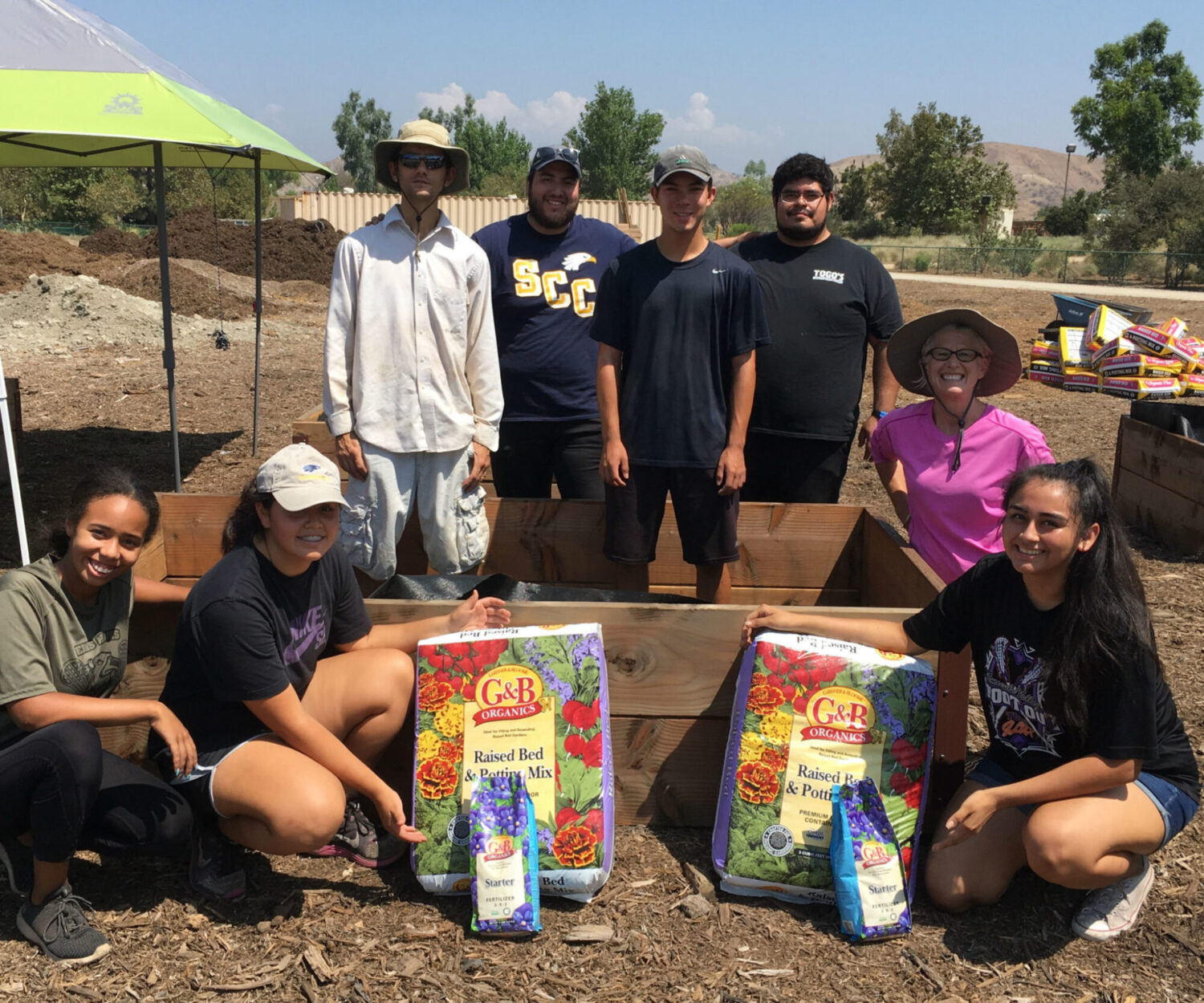
The COVID-19 pandemic has made many of us hunker down and shelter in place these past few months, inspiring a number of new, self-sustaining hobbies such as cooking, baking sourdough bread, and gardening.
We’re now well into July, and the literal fruits of that quarantine labor is finally being realized. Tomatoes are ripening, cucumbers are ready for pickling, and zucchini is abundant. Though, the gardening boom we’ve seen during the COVID-19 pandemic is about much more than growing food – but increasing our connection with land and the immediate environment around us.
Transforming concrete patios and other built spaces into gardens – either by removing concrete or placing pots and planters on your deck or patio – provides a refuge for not only you, your family, or housemates, but invites native plants, birds, and pollinators into your yard. Gardens are a great tool to connect with the natural environment, preserve native habitats, and – critically – to build healthy soil that provides plants with easy access to air, water, and nutrients.
Promoting healthy soil is one way to combat the negative impacts of our built environment.
Soil is much more than ‘dirt.’ It’s alive and teeming with billions of microorganisms – such as fungi, bacteria, and earthworms that break down organic matter, transport essential nutrients, and improve soil by creating burrows and pathways for air and water to reach plant roots. Healthy soil also prevents pollution from reaching groundwater and our waterways, and captures carbon from the atmosphere and reduces our overall greenhouse gas emissions.
As gardening surges during the COVID-19 pandemic, it’s important to know that these practices are not limited to large-scale farming operations – but can be used in your own backyard and urban community to support the ecosystems around us.
- No-till gardening/farming. Tilling – a method used to break up and loosen soil, and turn up weeds – is the traditional, most commonly thought of way to prepare soil to grow your garden. However, tilling destroys the fungal networks and organic compounds in the soil that is necessary to support plant life. No-till not only save you back-breaking labor, but allow you to build up the health of your soil.
- Keep the soil covered – using mulch or cover cropping. Mulch or cover crops can be used to protect exposed topsoil from erosion and add rich organic matter as they decompose. Mulch and cover crops increase water retention, minimize weeds, and reduce plant stress by moderating soil temperatures.
- Avoid pesticides. Rather than using toxic chemicals to eradicate garden pests and weeds, there are a number of organic solutions, such as spraying neem oil to deter pesky aphids, introducing beneficial insects, and companion planting that draw in beneficial bugs and repels pests.
- Nourish your soil without synthetic fertilizers. Soil often needs to be supplemented with nutrients, such as nitrogen, phosphorus, and potassium – however, the use of synthetic fertilizers contaminates and leaches into groundwater, or runs off into our rivers and streams. Using organic compost, fish emulsion, or algae can improve the health of your soil, while providing plants with needed nutrients – without harming our environment.
- Reduce runoff. Inefficient water use for our landscaping generates runoff that pollutes our waterways and coastal areas – and wastes precious water. Outdoor water use can be reduced by up to forty percent by avoiding over-watering, retaining water on your property, and using drought tolerant plants.
If you don’t have access to a yard, deck, or patio, there are a number of community gardens and other urban farm resources throughout California. Here are a couple from our local California Waterkeepers to get you started:
Orange County Coastkeeper “The Garden”
SYRCL (Yuba River Waterkeeper)’s Growing Green for the Yuba
Connecting with your outdoor space will not only improve your wellbeing and health. It’s something you can safely do during the COVID-19 pandemic to protect clean air and water – and that begins by nurturing the soil beneath your feet.

Policy Manager Kaitlyn Kalua represents CCKA and its member Waterkeepers in state regulatory and legislative forums to advance statewide water policy.



